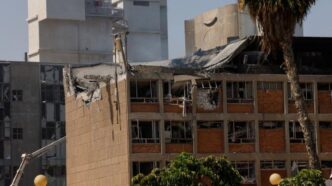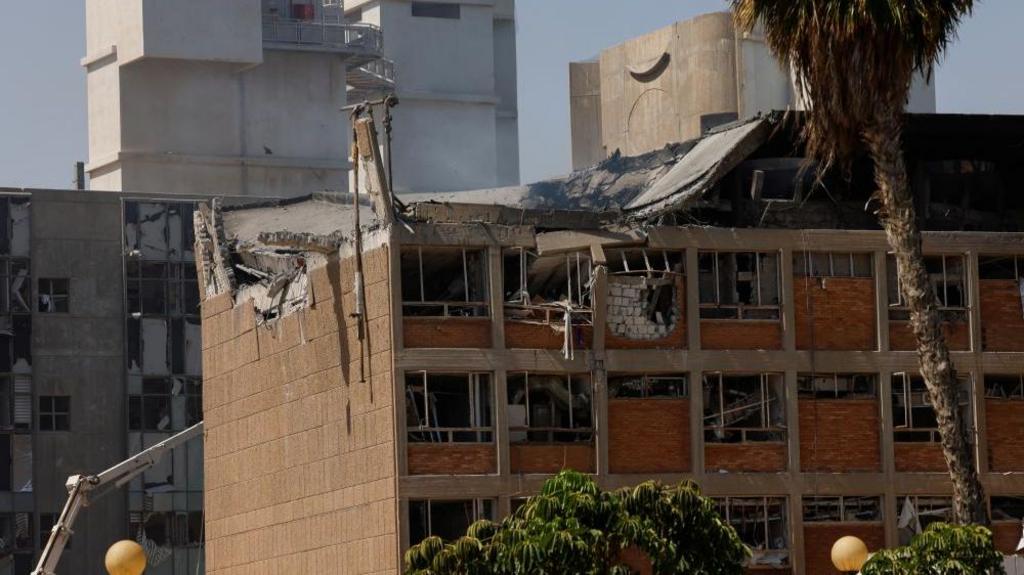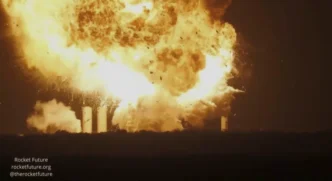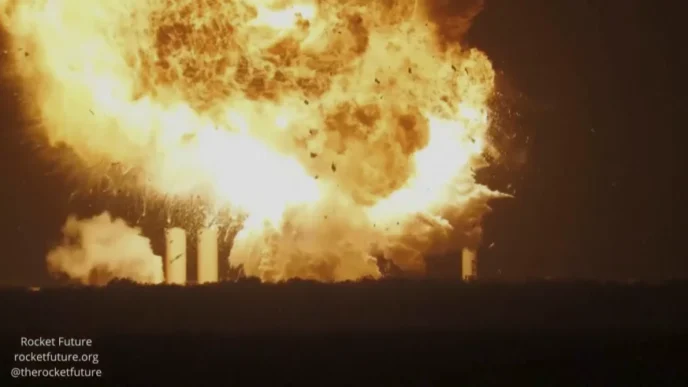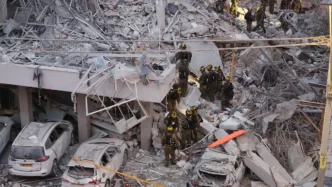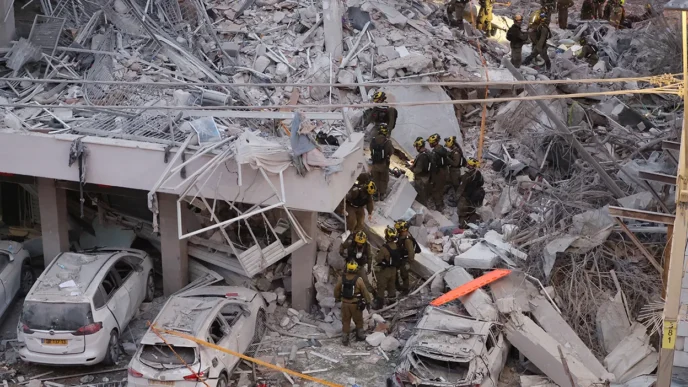The Soroka Medical Center in Beersheba, Israel’s main southern hospital, suffered extensive damage after a direct hit from an Iranian ballistic missile early Thursday, June 19.
According to hospital officials, at least 32 people were injured, and authorities have urged patients to avoid the facility until repairs are made.
This dramatic escalation, flagged as the Iran missile hit hospital, highlights the rising stakes in the regional conflict.
The strike comes amid Israel’s ongoing air campaign targeting Iran’s nuclear infrastructure, including the Arak heavy water reactor.
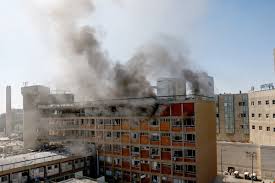
Iranian state television reported the reactor evacuation and assured viewers that “there was no radiation danger whatsoever.”
A spokesperson at Soroka Medical Center confirmed “extensive damage,” with several departments affected but didn’t disclose the full casualty count.
The warning for patients to stay away has strained Israel’s healthcare response during a critical period.
Israel launched its seventh consecutive day of airstrikes on Iran, reportedly hitting Tehran and other key locations.
The Israeli military did not specify precise targets, but the campaign has included the Natanz enrichment site, centrifuge facilities around Tehran, and a nuclear site in Isfahan.
Reports confirm the killing of top-ranking generals and scientists.
In response, Iran missile hit hospital also saw Iran launching around 400 missiles and hundreds of drones at Israel.
Some struck residential buildings in central Israel, causing major structural damage. Israeli officials have confirmed at least 24 civilian deaths and hundreds more injured.
An Iran-based human rights group in Washington reports that at least 639 individuals, including 263 civilians, have died in Iran.
More than 1,300 others, ranging from military personnel to ordinary citizens, have been wounded by retaliatory Israeli strikes.
Meanwhile, Israeli citizens face increasing danger as authorities confirm dozens of missile impacts on civilian areas.
The military’s decision to loosen some domestic restrictions suggests that they assess the immediate missile threat as diminished.
The military escalation came shortly after Iran’s Supreme Leader rejected U.S. calls for de-escalation.
He warned that any direct American involvement would bring “irreparable damage to them.”
Israel’s persistent attacks, including the one on the Arak reactor, drew this response.
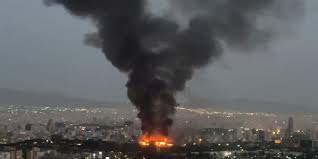
Moreover, Iran’s evolving tactics striking a civilian hospital directly underscore the conflict’s rapid spread.
Hospitals are generally protected under international law, and this incident will likely inflame global concern and raise legal questions.
Leaders are pushing for diplomatic interventions.
There’s growing pressure on U.S. officials and global institutions to broker a ceasefire or at least a local truce to allow humanitarian relief in civilian zones.
However, both sides appear poised to extend their military campaigns, heightening fears of wider war.
